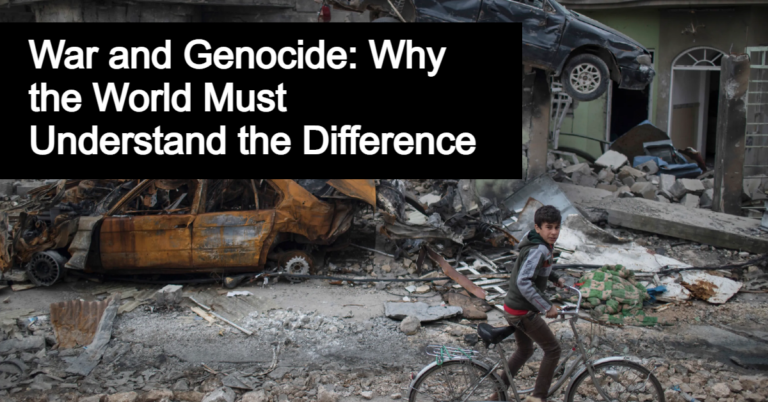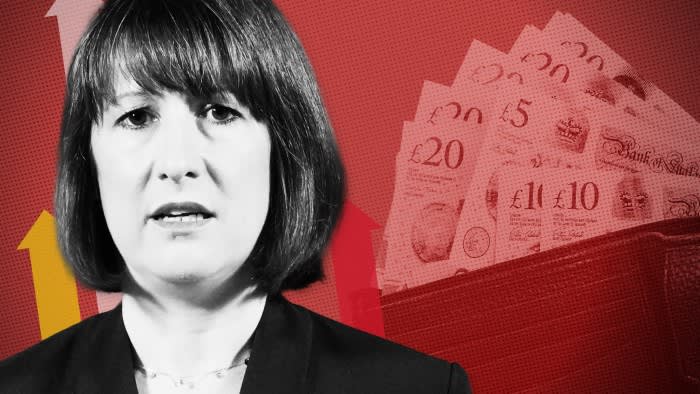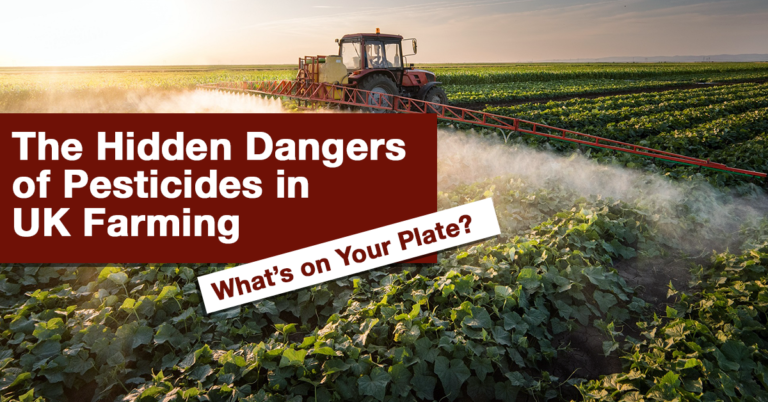
Since Keir Starmer and the Labour Party’s decision to maintain the Conservative government’s two-child benefit cap, 10,000 children have been forced into poverty, according to analysis by the Child Poverty Action Group (CPAG). This translates to 109 children per day facing the harsh reality of poverty since the Labour government came into power on 5 July.
The cap, originally introduced by the Tories, cuts benefits like child tax credits and Universal Credit from low-income families for their third or subsequent children born after April 2017.
Scrapping the Two-Child Cap: A Social and Economic Investment
Ending the two-child benefit cap would not only be a moral choice, but also an investment in the future of children—and society as a whole. Data shows that children born into the poorest 20% of families in the UK are 13 times more likely to suffer from ill health by age 17.
Katie Schmuecker, principal policy adviser at the Joseph Rowntree Foundation, emphasized:
“Not only is this morally the right thing to do, it will also begin to build greater economic security for households, taking some pressure off public services and strengthening our economy.”
Children from the lowest-income families are also five times more likely to face poor academic outcomes, further deepening inequalities.
Amara, a 15-year-old who shared her experience with CPAG, described how the cap impacts her life:
“I skip meals to share with my mum…for example, I skip my meal to wait for her to come back and at least we can have the same amount of food…[We] starve together through the whole day, so at least we will have had something to eat.”
The Case Against the Cap
Charities like Save the Children have called CPAG’s findings “heartbreaking” and condemned Starmer’s decision to keep the two-child benefit cap as “cruel.” CPAG’s research indicates that scrapping the policy could lift 300,000 children out of poverty and reduce poverty for another 700,000.
CPAG’s Chief Executive, Alison Garnham, highlighted the urgency:
“The clock is ticking while child poverty rises – and the two-child limit is the key driver of the increase. Scrapping it is the most cost-effective way to stop more kids being pulled into poverty on the Government’s watch.”
Corporate Profits and the Working Poor
It’s crucial to remember that many of the families affected by the cap are working. In fact, 59% of the 450,000 households impacted have at least one working parent. Yet, these families are still struggling due to low wages.
As previously reported by The Canary, this situation amounts to a form of corporate welfare. Large, profitable companies could afford to pay workers higher wages without raising prices. For instance, Tesco, which employs 326,000 people in the UK, makes £6,150 profit per employee—a total of £2.7bn. Despite this, wages remain stagnant.
Moreover, the benefits received by low-income families are often funneled back into the economy, increasing tax revenues and circulating money. Yet, a significant portion of these benefits is siphoned off through rising utility, water, internet, and energy bills—profits that go straight to shareholders. This adds weight to the argument for public ownership of essential services, a policy championed in Jeremy Corbyn’s 2019 Labour manifesto. Public ownership would reduce household costs and, by extension, the government’s benefits bill.
Can We Afford Not to Act?
While Starmer and Labour claim that the country cannot afford public ownership or the removal of the two-child benefit cap, the reality is that we can’t afford not to. Continuing down this path risks deepening inequality, increasing poverty, and placing a greater burden on public services in the long term.
















